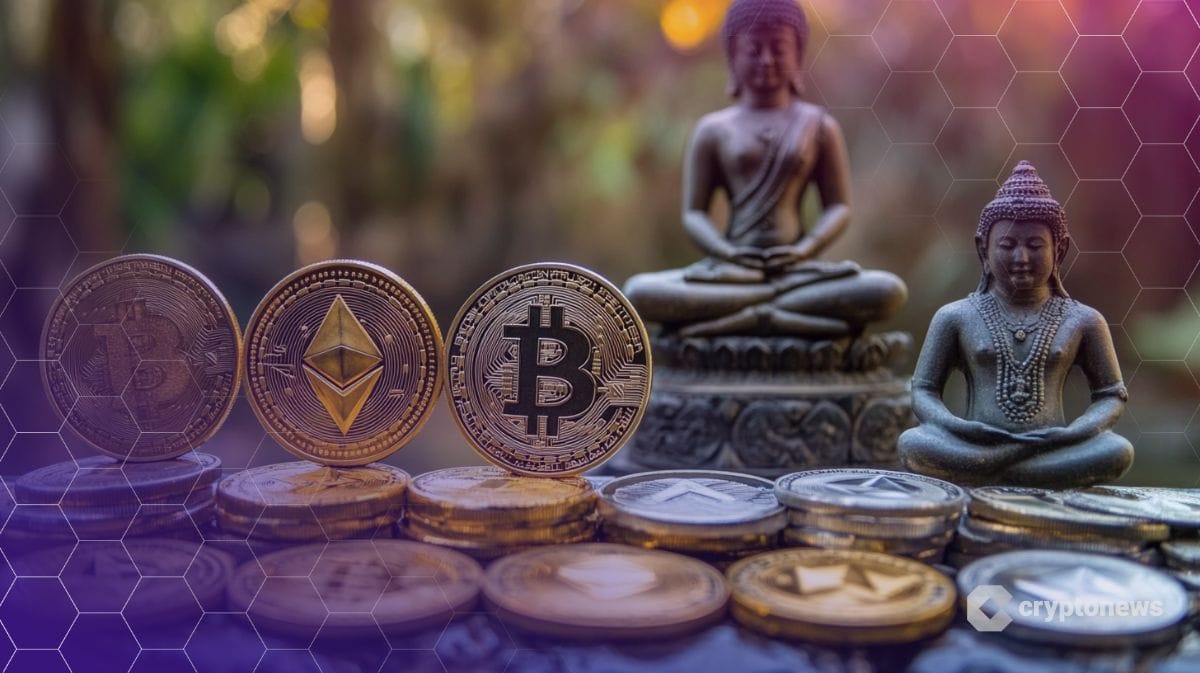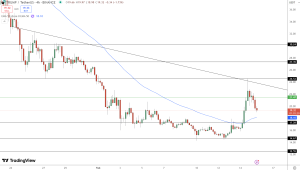Last updated:
 Why Trust Cryptonews
Why Trust Cryptonews

A growing number of young Indians are turning to crypto trading to supplement their income amid stagnant job growth and slow wage increases.
One such individual is Ashish Nagose, a 28-year-old flower shop owner in Nagpur, who attends daily crypto trading classes to diversify his income, according to a report by Reuters.
Previously engaged in stock options trading, Nagose shifted to crypto as India’s tightened regulations made equity derivatives trading more difficult.
“Trading can provide a steady income during slow business periods, like after the Diwali festival,” he told the media outlet.
India’s Crypto Trading Volumes Double to $1.9B in Late 2024
This rising interest has significantly boosted trading volumes.
Cumulative trades in cryptocurrencies like Bitcoin, Ethereum, and Dogecoin on India’s four largest exchanges doubled to $1.9 billion in the last quarter of 2024, the report said.
Experts attribute the surge to both market optimism—spurred by former U.S. President Donald Trump’s pro-crypto stance—and increasing curiosity in smaller Indian cities.
“There’s a lot of ground-level excitement, especially with global shifts in crypto sentiment,” noted Edul Patel, co-founder of Indian exchange Mudrex.
According to CoinSwitch, seven of the top 10 Indian cities driving crypto activity in 2024 were non-metro areas like Jaipur, Lucknow, and Pune.
Projections from Grant Thornton Bharat estimate that India’s crypto market could grow from $2.5 billion in 2024 to over $15 billion by 2035, with an 18.5% annual growth rate.
Despite the optimism, Indian authorities remain cautious.
In its December 2024 Financial Stability Report, the RBI cautioned that widespread crypto use could threaten financial stability.
Still, these warnings haven’t deterred young Indians like Sagar Neware, a 25-year-old mechanical engineer.
“My dream is to revive my father’s business with trading profits,” said Neware, who earns 25,000 rupees ($288) at a local transport office but dedicates his nights to crypto trading classes.
Educational centers like Thoughts Magic Trading Academy in Nagpur are capitalizing on the trend. Instructor Yash Jaiswal claims to have trained 1,500 students over two years. A poster in his classroom reads, “You’re just one trade away from your dream life.”
India’s Stance on Crypto Remains Ambiguous
India’s stance on cryptocurrencies has been somewhat ambiguous.
The imposition of strict crypto taxes in 2022 and the crypto market downturn led Indian traders to switch to international exchanges, negatively impacting the local crypto industry.
Trading volumes shifted back to Indian exchanges after the ban on offshore entities, however.
India also made it a priority to achieve global consensus on framing crypto policies as part of its G20 presidency in 2023.
The country successfully obtained agreement from all G20 members on global guidelines.
Nevertheless, India continues to grapple with rigid crypto tax rules.
During the announcement of the fiscal year 2024-2025 budget, Finance Minister Nirmala Sitharaman upheld the controversial crypto tax regulations.
Despite extensive lobbying from the cryptocurrency industry, which presented substantial evidence to advocate for reducing the tax-deducted-at-source (TDS) policy from 1% to 0.01%, the existing rules remain unchanged.





